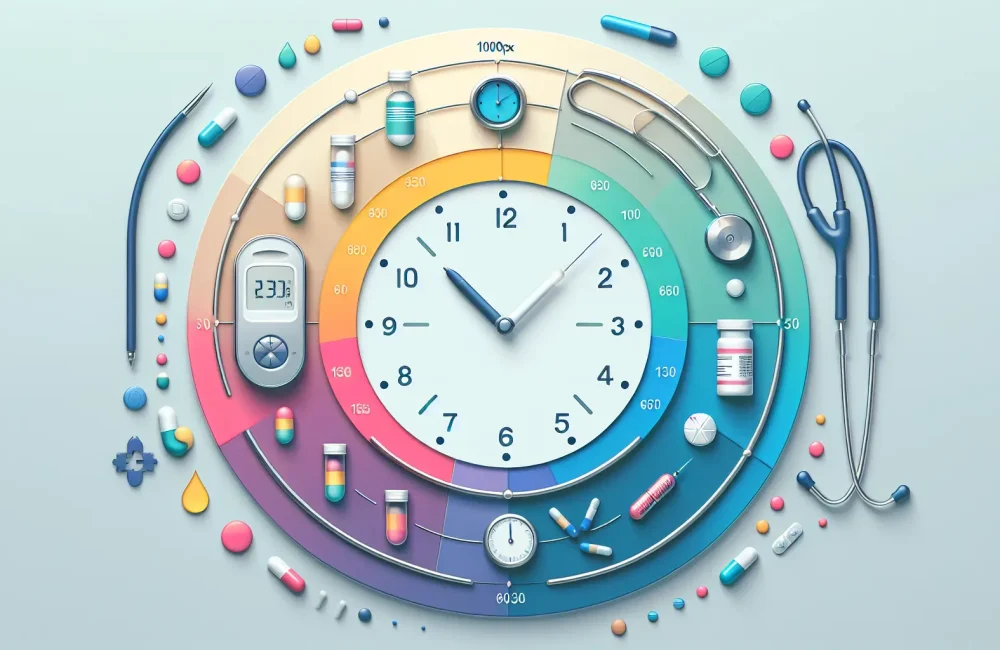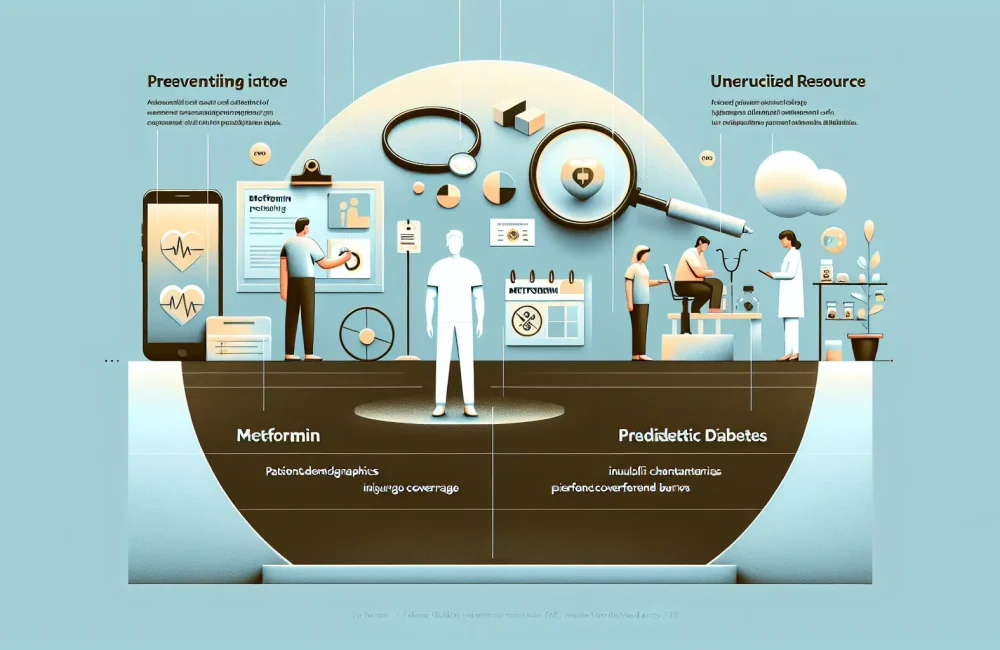By CAFMI AI From JAMA
Age Differences Affecting Diabetes Treatment Efficacy
This comprehensive study highlights crucial differences in how type 2 diabetes treatments work across various age groups, an aspect vital for clinicians managing diverse patient populations. Younger and older adults demonstrate distinct responses to medications due to physiological changes that occur with aging, such as altered pharmacokinetics and pharmacodynamics. These changes can affect drug absorption, metabolism, and clearance, ultimately influencing treatment effectiveness and the risk of side effects. For instance, older adults often exhibit slower metabolism and reduced renal function, which may necessitate dose adjustments or alternative therapies to prevent adverse events. Conversely, younger patients sometimes respond more robustly to certain interventions but may also experience different side effect profiles. This variability underscores the importance of age-tailored treatment strategies rather than a one-size-fits-all approach. By recognizing these nuances, clinicians can optimize therapeutic outcomes, reduce complications, and enhance patient adherence through more personalized care plans that consider age-related physiological conditions and comorbidities inherent to different life stages.
Sex-Based Variations in Treatment Response and Management
The article also reveals significant sex-based differences in treatment efficacy for type 2 diabetes, pointing to the importance of integrating sex-specific factors into clinical decision-making. Men and women often experience different responses to the same diabetes medications, influenced by hormonal differences, body composition, and genetic factors. For example, the hormonal milieu in women, especially related to estrogen and progesterone fluctuations, can affect glucose metabolism and insulin sensitivity, altering both treatment outcomes and side effect risks. Moreover, adverse reactions such as hypoglycemia or gastrointestinal disturbances may be more prevalent or severe in one sex compared to the other, necessitating vigilance and sometimes tailored medication choices. These findings highlight the need for clinicians to consider sex as a critical variable when selecting therapeutic regimens, monitoring treatment responses, and counseling patients. Incorporating sex-specific evidence and data into practice guidelines could promote more effective and safer diabetes management, ultimately improving quality of care for both men and women with type 2 diabetes.
Clinical Integration and Future Directions for Personalized Diabetes Care
Importantly, the study advocates for integrating age- and sex-specific insights into routine clinical guidelines and practices to enhance precision medicine in diabetes care. Clinicians are encouraged to assess lifestyle factors, comorbidities, and individual physiological characteristics that intersect with age and sex, influencing treatment success. Personalized treatment plans should include thorough evaluation of renal and hepatic functions, cardiovascular risk factors, and patient preferences, tailoring pharmacologic and non-pharmacologic interventions accordingly. The article also calls for further research into the underlying mechanisms driving these differential responses to refine treatment algorithms and develop more effective, person-centered therapies. For primary care providers, this implies adopting workflows that incorporate screening for age- and sex-related differences, enabling better risk stratification and follow-up strategies. Patient counseling should emphasize the importance of these factors in managing diabetes, promoting adherence, and recognizing red flags that might suggest treatment inefficacy or adverse events. Overall, this nuanced approach holds promise to mitigate complications and improve long-term outcomes for a broad spectrum of patients living with type 2 diabetes.
Read The Original Publication Here






